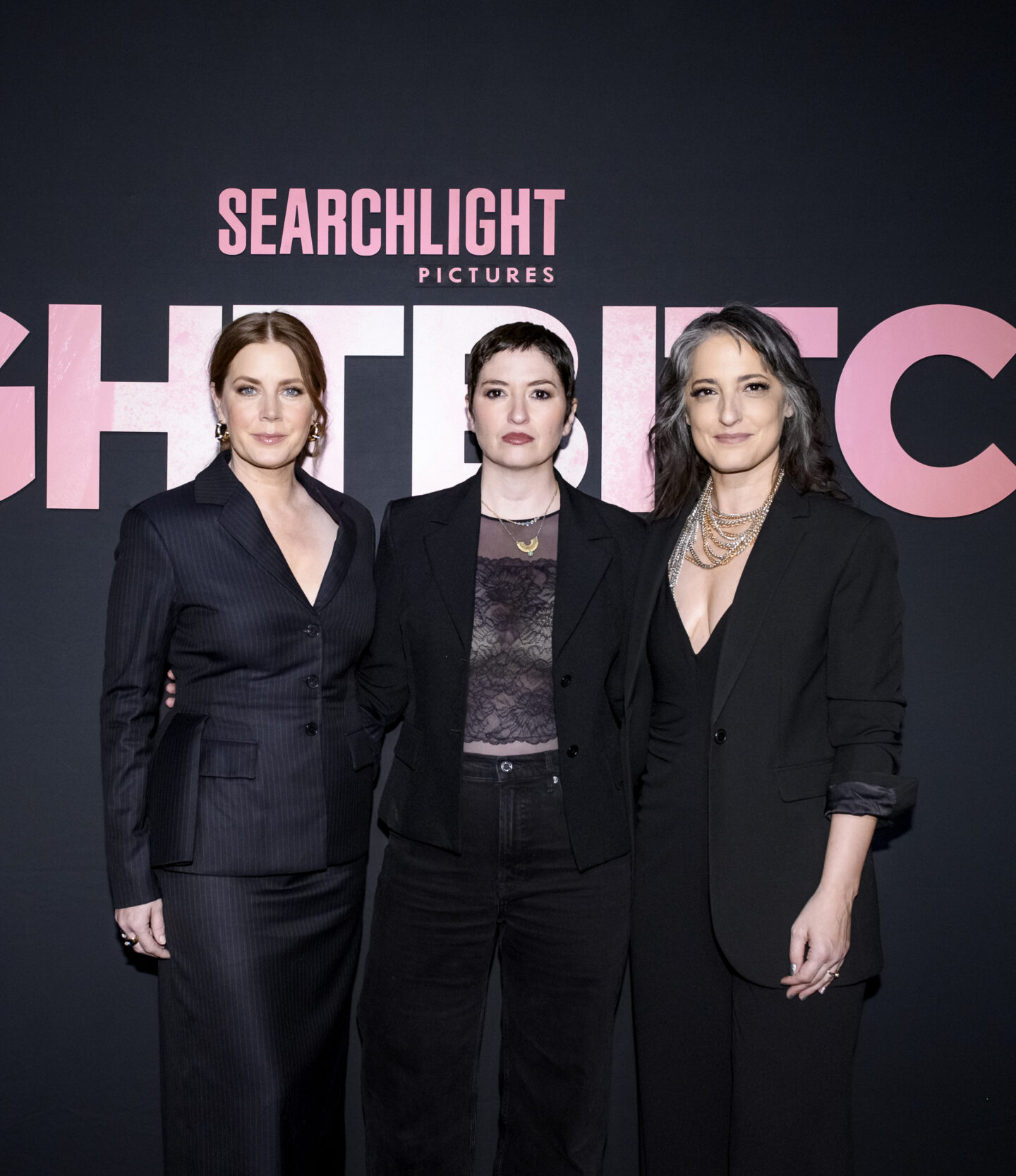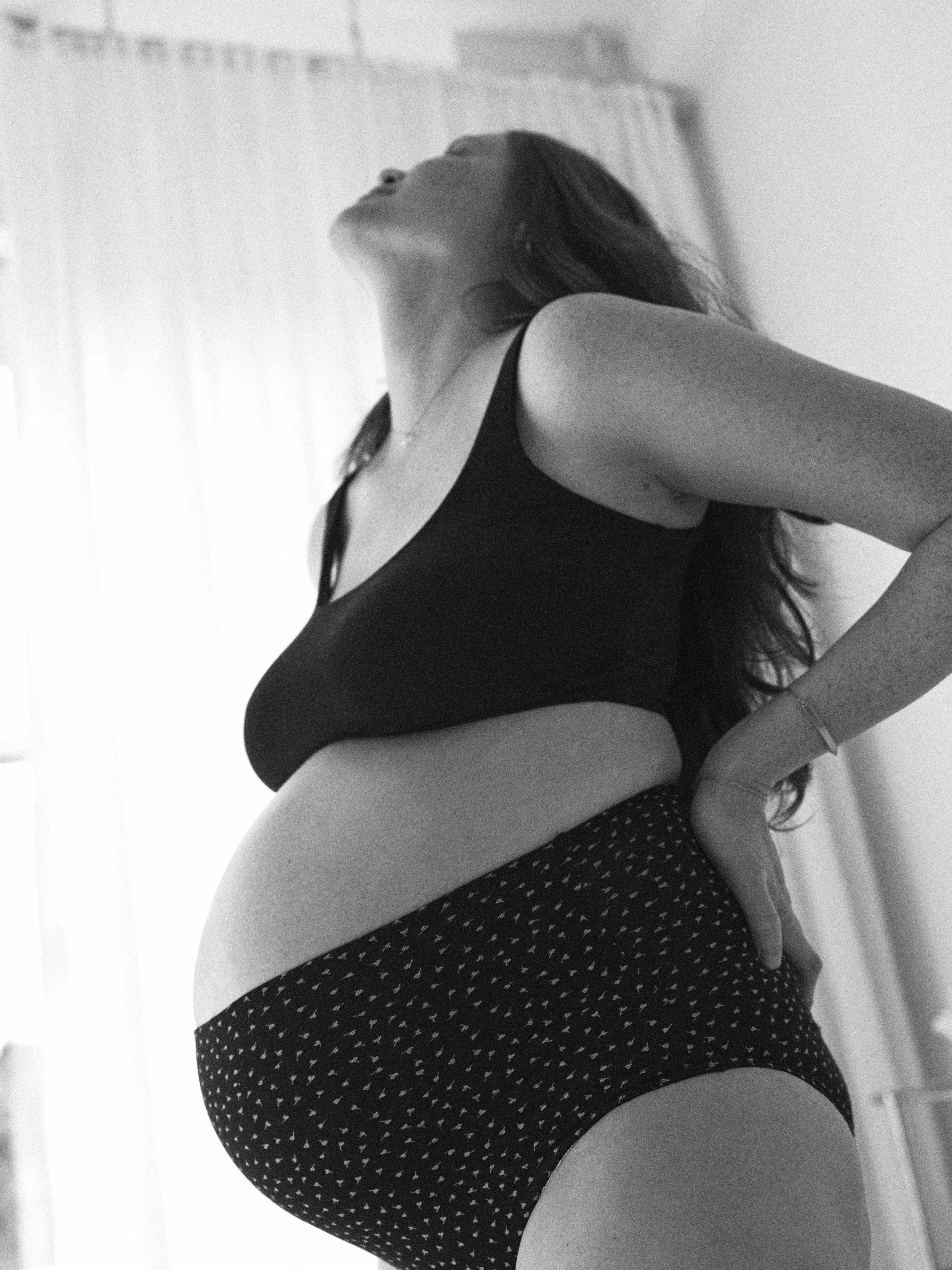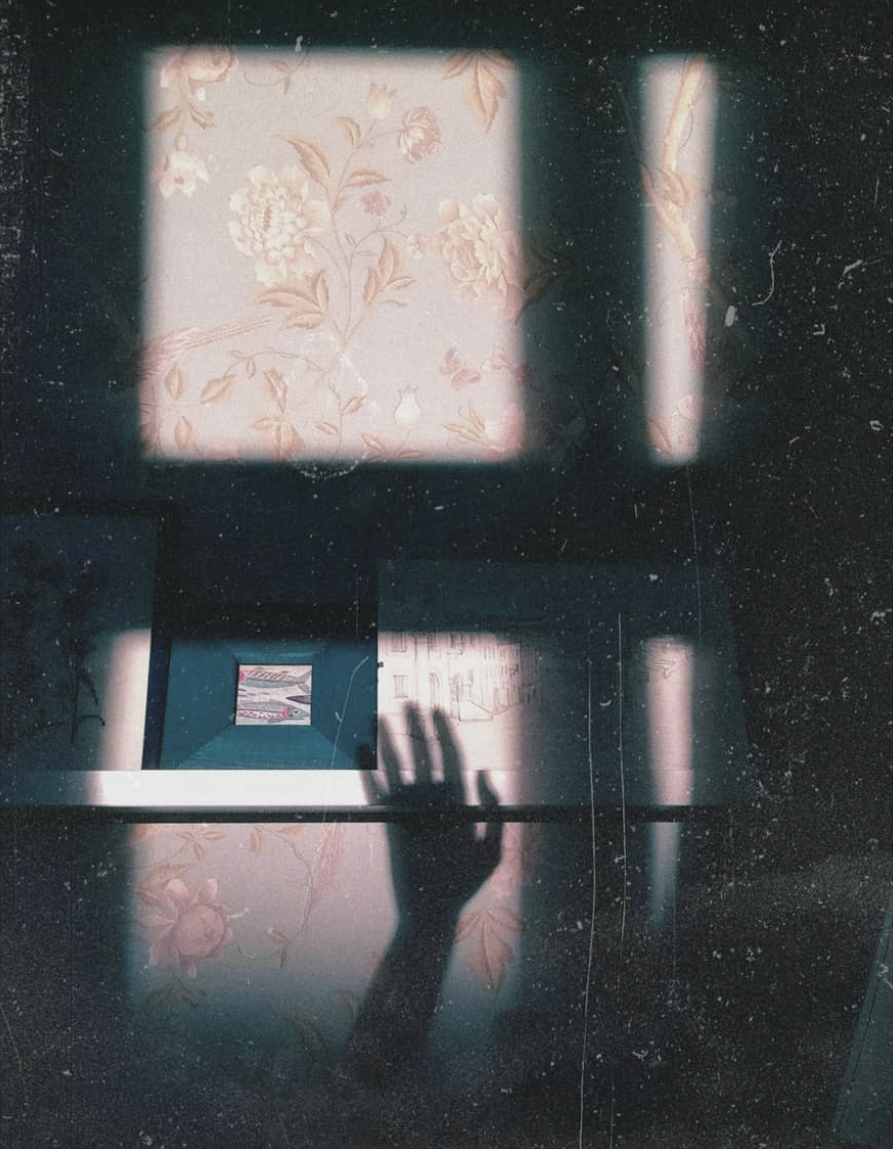Motherhood can stir a feral, untamed rage—a force rarely acknowledged but deeply felt. It reflects the exhaustion, shifting sense of identity, and the relentless weight of caregiving, all wrapped tightly with love, wonder, and preconceived ideals of how motherhood “should” feel in those early weeks. It’s a tangle of emotions: confusing, overwhelming, yet magical all the same.
The highly-anticipated film Nightbitch, based on Rachel Yoder’s novel, captures this raw intensity, transforming it into an otherworldly exploration of what it means to lose—and find—yourself in the chaos of becoming a mom.
Yoder’s bestselling debut novel became an instant cult hit, earning recognition as one of the best books of the year by Esquire and Vulture, and was a finalist for the PEN/Hemingway Award. Not only does her writing capture the emotional complexities of motherhood, but she also advocates for women to embrace this transition and all its loaded feelings fully. Now brough to life on the big screen, Nightbitch stars Amy Adams and is directed by Marielle Heller and tells the story of a stay-at-home mom who transforms into a dog at night.
We spoke with Yoder about the raw realities of motherhood, the transformative power of embracing untamed emotions, and how her work resonates with modern women navigating the complexities of identity, self-expression, and finding a supportive community.
Nightbitch dives deep into the surreal, animalistic side of motherhood. Was there a specific moment or experience for you that inspired this transformation?
When I was in labor with my son, my husband had to leave the room because he nearly passed out from the sounds I was making, which he’d “never heard come from a human,” as he put it. Meanwhile, one female nurse told me after my son was born that it was “so nice” to hear birthing noises since most women get epidurals these days. I thought this was such a funny clash of responses. It might have been the sort of idea before the idea of Nightbitch.
We know well that motherhood isn’t always gentle—that it can feel wild, feral. Why do you think so many portrayals of motherhood ignore this intensity, and what’s at stake if we keep shying away from it? What do you think we lose when we only tell “sanitized” stories of motherhood?
Being wild and feral disrupts the traditional stories of motherhood and femininity that keep women domesticated, quiet, pretty, and submissive.
When we only tell sanitized stories, we remain out of touch with desire and, moreover, our power.
Women who want things, who speak their minds, who are hairy or smelly, women who don’t behave as they have been told to by these sanitized stories are threats to the status quo and patriarchal power structures.
What’s one aspect of motherhood you wish we talked about more—something you think a lot of moms might be wrestling with quietly?
Especially when our children are still babies and toddlers, I think it can sometimes be really lonely to be a mom, which isn’t something I had anticipated.
What role do you think rage and other intense emotions play in personal transformation? Especially for mothers who may feel stretched too thin—how does embracing/expressing these emotions actually become an act of self-care? What’s on the other side of that?
Rage is a powerful engine. There’s so much energy there that can launch a person into action or give them the boost they need to finally speak their mind.
Rage can also inspire self-care when we use it to help us demand the time, space, and support that we need for ourselves. When we turn the rage outward instead of inward, I think there’s a different world on the other side of it, one in which we are free to be complete human beings with needs and wants instead of just self-sacrificing servants of the family.
What advice would you give moms who are struggling with “ugly” emotions? How can they begin to channel rage and other intense feelings in ways that feel empowering rather than overwhelming?
First of all, I’d tell them these emotions aren’t ugly and not to judge themselves like that. What they’re going through is intensely human and normal. Then I would invite them to begin starting sentences with “I want…” and “I need…”
If there’s one message you hope Nightbitch brings to mothers who might feel afraid or ashamed of their own messy emotional journey during motherhood, what would it be?
You’re not alone.
For mothers dealing with what we might call “messy” emotions—fear, anger, exhaustion—what kind of support would you like to see become more widely available?
The U.S. has the highest maternal mortality rate among developed countries. The U.S. is also the only country in this group that doesn’t guarantee paid parental leave nor home visits from health care workers in the postpartum period (These stats from a recent Commonwealth Fund study.) Obviously, I think it’s imperative that the U.S. require postpartum time off and higher standards of care for pregnant and postpartum parents. Is it radical to think an hour of a woman’s time taking a kid to a doctor’s appointment as valuable as an hour of a man’s time in a board room, as domestic equity activist Eve Rodsky suggests should be the case? I think when the day comes that this isn’t a radical idea anymore, we’ll be closer to a world in which motherhood is valued and respected as it should be.
Are there spaces or communities you think help mothers feel more seen?
I think movies and books are doing a lot of valuable cultural work these days showing mothers who are imperfect, messy, and relatable. The Lost Daughter comes to mind when I think of film, and as for books, The Need, Chouette, and I Love You But I’ve Chosen Darkness are powerful portraits of motherhood outside of the norm.
Motherhood is messy, complicated, and often overwhelming—but it’s also profoundly transformative. Bringing life into the world doesn’t always align with the idealized vision of effortless grace, supported by an ever-present “village.” Instead, it often reveals a raw, untamed reality. What if we reframed that wildness? The rage, exhaustion, and chaos aren’t flaws to hide but signals of strength—a testament to how deeply you care and how powerful this transformation into motherhood can be. Nightbitch reminds us that these emotions, far from being weaknesses, can fuel our evolution into more authentic, liberated versions of ourselves. Maybe your rage is your superpower.
Nightbitch premiered in theatres on December 6th, 2024. Go see this beautiful film!




